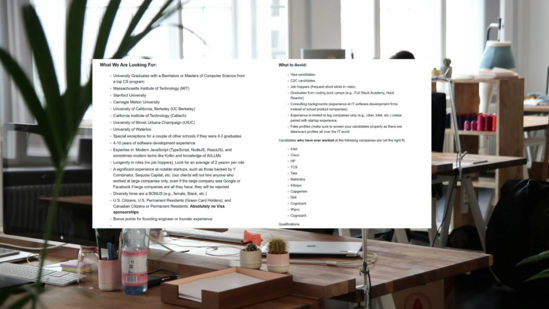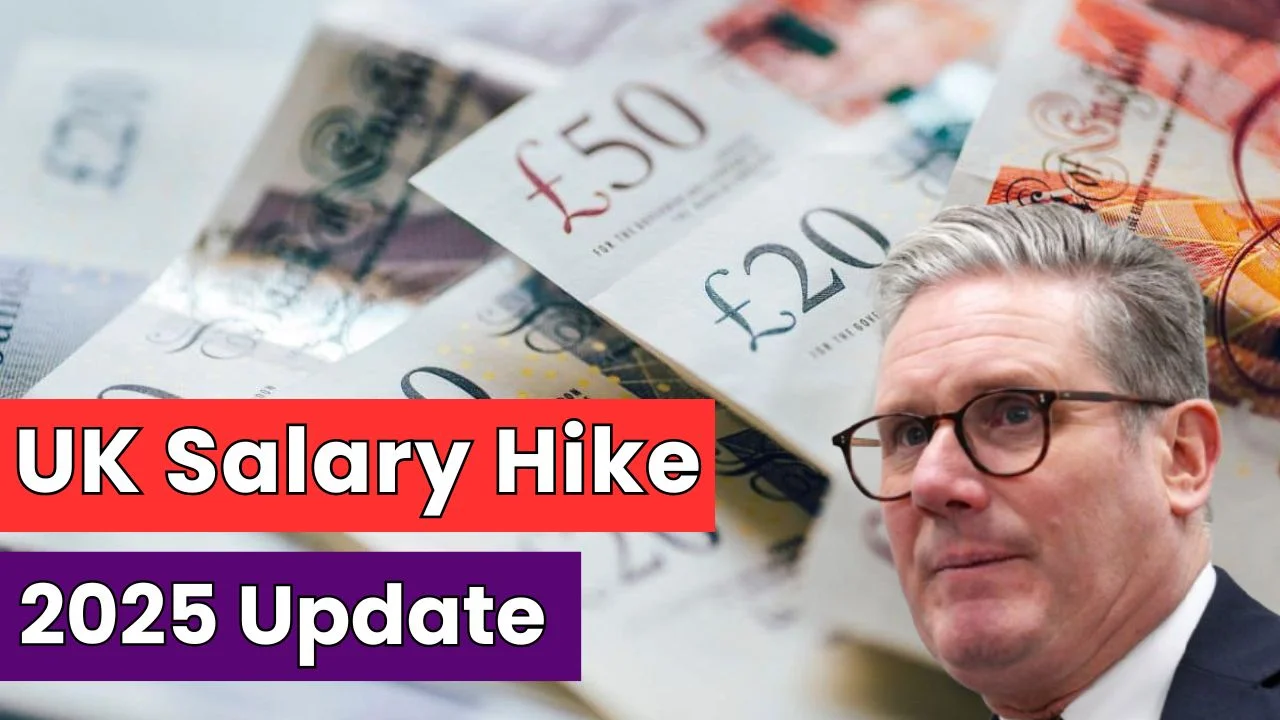When his Hong Kong-based CEO visited the Vietnam office, engineer Tran Tuan sensed something was in the air.
It would either be a promotion or a firing for him, he felt.
After lunch with the Vietnamese staff, the CEO called him in and said bluntly: “Your performance has not been very good. The company has decided to terminate your contract.” Stunned, the 45-year-old stood in silence.
Tuan had been with the company, a market leader in machine tools, for four years and managed the entire Vietnam team. For three years in a row he had ranked among the top 0.3% of its 3,000 global employees. He managed the most complex projects and was repeatedly named an outstanding employee.
Just months earlier he noticed a reduction in assignments and was told to delegate more to his subordinates. But the electronics engineer remained confident in his abilities.
“I did not agree with the leadership’s assessment,” he says. “But if this is the final decision, I would like two months’ salary as support while I search for a new job.”
The CEO nodded. A brief handshake ended four years of commitment. Outside the office Tuan took a deep breath. There was no room for resentment or self-pity.
In his final days he completed the handovers, shared his knowledge and worked to strengthen the team he was leaving behind. He wanted to depart with dignity and maintain his respect among colleagues, managers and partners.
In early 2024 the Vietnamese job market saw a wave of layoffs and downsizing. As the family’s breadwinner, and with three school-aged children and debts to pay, he felt the pressure but chose not to rush into job hunting. He also did not apply for unemployment benefits, despite previously earning a top-tier salary.
“The first thing I did was restore my mental balance,” he says.
He cleared out company files and wiped his computer clean, a symbolic act to declutter his mind. Then he reviewed his career, updated his resume and listed every job he had done. Though many suggested simplifying it, he included every skill and experience, believing each could open a new opportunity. Fluent in English and Japanese, he easily accessed international materials to update his knowledge.
“Throughout the process, my wife was understanding and supportive. My closest university friends, now quite successful, made time to take me out to help lift my spirits.”
A month later, feeling ready, he reentered the job market. He updated his profile and submitted applications, but soon hit an unexpected obstacle.
“There were jobs I was fully qualified for, but the system only showed a 30% match, just because my resume lacked a few keywords,” he says. “The AI assessment tool filtered me out immediately.”
Realizing the problem he changed tack. He began tailoring his resume to match job descriptions more closely, aiming for at least an 80% match.
“My work history did not change, but the way I presented it had to. Sometimes just rewording a few terms made all the difference.”
He also joined “parent groups” on LinkedIn, online communities built around companies, industries or professions, to connect with others and spot opportunities. He uploaded his profile to recruitment systems at major companies so he would be automatically alerted to suitable openings.
At the same time, he reached out to headhunters, recognizing that they understood his strengths and could match him with the right roles.
In a competitive labor market, skills and knowledge are crucial. Alongside job applications, he focused on self-improvement. Noticing the rise of Chinese companies in Vietnam, he began learning Mandarin.
“I started learning Chinese as my third language the moment I was unemployed.”
He had also launched two startups in the early 2000s. While neither succeeded, he views them as valuable experience that enhanced his position in the job market.
“Many employers want to hire me not just because I was once a director or a startup founder, but because only those who have stumbled can truly understand the value of success.”
Two months after losing his job, he accepted a position at a furniture company, then moved to a chemical firm and later to an AI component manufacturer. Though all offered higher salaries than his previous job, he left each after a month or two as they did not align with his core strengths in electronics.
By November 2024 he landed his ideal job at a well-known American corporation, also a direct competitor of his former employer. With years of experience, he quickly adapted and performed at full capacity.
His language skills were another key asset. English allowed him to communicate easily with his supervisor, and his newly learned Mandarin helped him collaborate with Chinese suppliers.
“As with my past roles, I was entrusted with responsibilities across production, procurement, supply chain management, and quality control.”
Although now settled into a role that pays 1.5 times his previous job did, his mindset has shifted entirely since the layoff. “I no longer expect to stay with one company forever. I constantly ask myself: if I get fired tomorrow, what would I do?”
His answer is clear: “I must be the one to walk away on my own terms, not let the company decide my fate.”
Each night, after work and spending time with his family, he studies from 9 o’clock to midnight. After witnessing the waves of layoffs over the past two years, he believes losing a job does not mean a person is unqualified.
Often, it is the environment that has changed. At his previous company declining orders forced major cuts with 300 out of 500 engineers laid off at the same time as him.
By talking about his travails, he hopes others in a similar situation can recognize their worth, stay confident and keep learning.
“A Rolls-Royce is not meant for plowing fields.If you find the environment unsuitable, take the initiative to change it.”






















